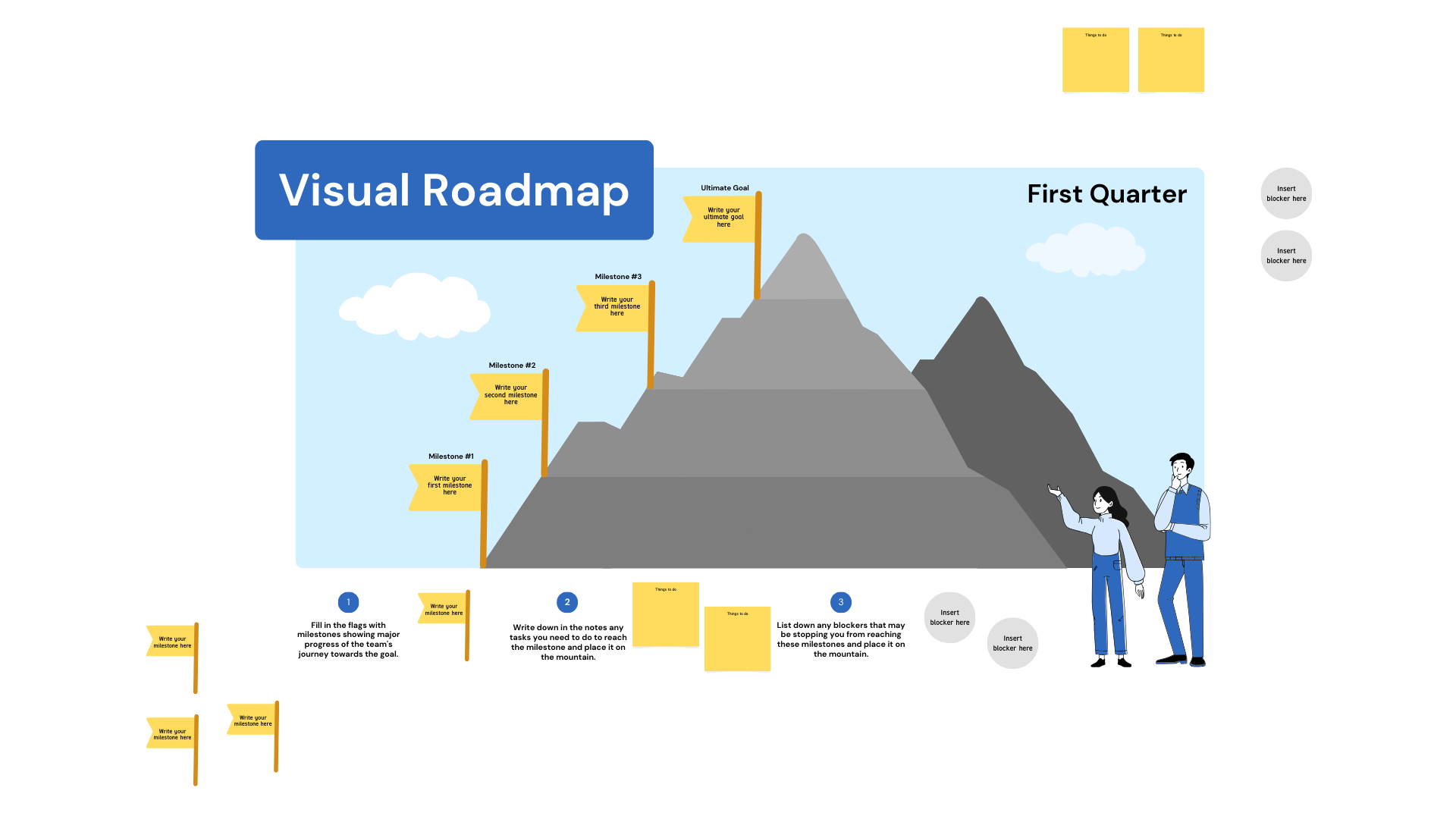Data Privacy and Security for Canadian Businesseses using Cloud Apps
Content:
- Introduction
- Here are some of the top requirements for Canadian companies when it comes to storing personal data
- Consent is Key
- Data Minimization
- Security Measures
- Data Transfer Rules
- Data Breach Reporting
- Vendor Due Diligence
- Data Ownership and Control
- Data Residency
- Data Backup and Retention
- Data Processing Agreements
In today's digital age, businesses are entrusted with an ever-growing volume of personal data from their Canadian customers.
From contact information to financial records, the responsibility to protect this sensitive information is paramount.
Canadian companies must navigate a complex landscape of data privacy and security regulations to ensure compliance with the law while also maintaining the trust of their clients.
Data and privacy laws in Canada have a significant impact on the use of Cloud CRM and other online applications by Canadian businesses.
Canadian companies that employ Cloud CRM and online apps for customer relationship management, marketing, and other functions must ensure that these tools align with the country's strict data protection regulations.

They are responsible for choosing vendors and platforms that comply with Canadian data residency requirements, ensuring that personal data of Canadian citizens remains within the country's borders.
Moreover, businesses must be diligent in configuring these platforms to meet Canadian data privacy standards, including obtaining explicit consent for data collection and implementing robust security measures to safeguard customer information.
Failure to adhere to these laws not only puts businesses at risk of hefty fines and legal repercussions but also erodes customer trust, which is crucial for long-term success in a digital age where data security and privacy are paramount concerns.
The Canadian government has strict data privacy laws, including the Personal Information Protection and Electronic Documents Act (PIPEDA), which sets out the rules that businesses must follow when collecting, using, and storing personal information about Canadians.
Here are some of the top requirements for Canadian companies when it comes to storing personal data:
-
Consent: Canadian businesses must obtain the consent of individuals before collecting, using, or disclosing their personal information. The consent must be clear, meaningful, and informed.
-
Purpose limitation: Canadian businesses must only collect, use, or disclose personal information for purposes that a reasonable person would consider appropriate.
-
Security safeguards: Canadian businesses must take reasonable steps to protect personal information against unauthorized access, use, or disclosure.
-
Openness: Canadian businesses must be open about their privacy practices and policies and make them available to the public.
-
Individual access: Canadian businesses must provide individuals with access to their personal information and allow them to request corrections.

Canadian businesses must provide individuals with access to their personal information and allow them to request corrections.
When backing up and storing data, Canadian businesses must ensure that they have appropriate security safeguards in place to protect personal information.
This includes measures such as encryption, access controls, and monitoring for unauthorized access or use.
When using SaaS vendors, Canadian businesses must ensure that the vendor also complies with Canadian data privacy and security policies.
This includes conducting due diligence on the vendor's privacy and security practices and ensuring that appropriate contracts are in place to govern the vendor's handling of personal information.
Overall, Canadian businesses must take the protection of personal information seriously and ensure that they are complying with all applicable data privacy and security policies to avoid potential legal and reputational risks.

Canadian Data Protection Requirements
-
Consent is Key:
Canadian businesses are required to obtain explicit consent from individuals before collecting, using, or disclosing their personal data. This consent must be informed, and individuals must understand how their data will be utilized.
-
Data Minimization:
Businesses should only collect and retain the data that is necessary for the purpose it was collected. Unnecessary data should be promptly deleted to reduce the risk associated with data breaches.
-
Security Measures:
Robust security measures are crucial. Canadian businesses must implement safeguards, such as encryption and access controls, to protect personal data from unauthorized access or disclosure.
-
Data Transfer Rules:
If personal data is being transferred to another country, Canadian businesses must ensure that the receiving country has comparable data protection laws or secure the necessary consent from individuals.
-
Data Breach Reporting:
Companies must promptly report data breaches to the Office of the Privacy Commissioner of Canada (OPC) and notify affected individuals if the breach poses a risk of significant harm.
Ensuring Compliance with SaaS Vendors
Utilizing Software as a Service (SaaS) vendors is common in today's business landscape. However, Canadian companies must be diligent in ensuring that these vendors comply with Canadian data privacy and security policies when handling their data.
-
Vendor Due Diligence:
Before partnering with a SaaS vendor, businesses should conduct a thorough assessment of the vendor's data security practices, including encryption, access controls, and data handling policies.
-
Data Ownership and Control:
Ensure that the SaaS agreement clearly defines data ownership and control. Canadian businesses should have the ability to access and delete their data as needed.
-
Data Residency:
Some regulations require that personal data of Canadian citizens be stored within Canada. Verify that the SaaS vendor complies with these data residency requirements.
-
Data Backup and Retention:
Understand how the SaaS vendor handles data backups and retention. Ensure that data is securely stored, backed up regularly, and can be recovered in case of data loss.
-
Data Processing Agreements:
Establish a clear data processing agreement with the SaaS vendor. This agreement should outline the vendor's responsibilities in protecting personal data and adhering to Canadian data privacy laws.

By diligently following these requirements and ensuring that SaaS vendors meet Canadian data privacy and security standards, businesses can navigate the intricacies of storing personal data on Canadians.
Compliance not only keeps businesses on the right side of the law but also fosters trust among their customer base, demonstrating a commitment to safeguarding their sensitive information.
Salesboom takes pride in being Canada's pioneering Cloud CRM vendor, with a rich history spanning two decades of crafting Canadian SaaS solutions.
With a steadfast commitment to data security and privacy, Salesboom has consistently stored all customer data within Canadian borders.
This dedication to data sovereignty not only ensures compliance with Canadian data protection regulations but also underscores Salesboom's commitment to preserving the privacy and security of Canadian businesses and individuals.
With its extensive experience and a robust suite of CRM and SaaS solutions, Salesboom continues to be a trusted partner for Canadian businesses seeking cutting-edge technology combined with a deep understanding of local data governance requirements.
Please reach out to us with your specific requests for an AI app and we can make it a reality.